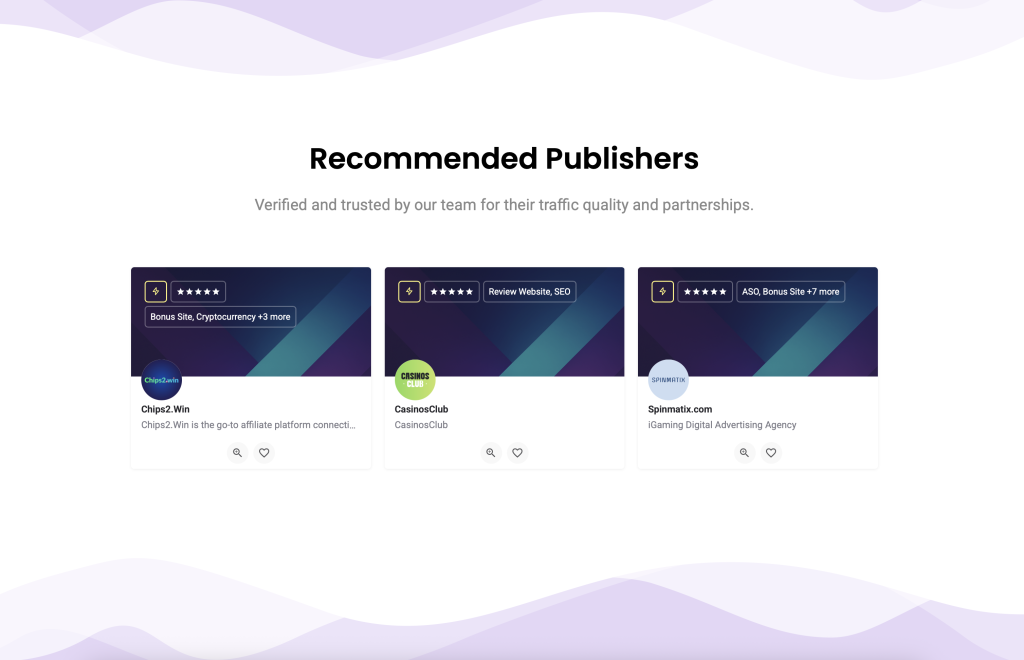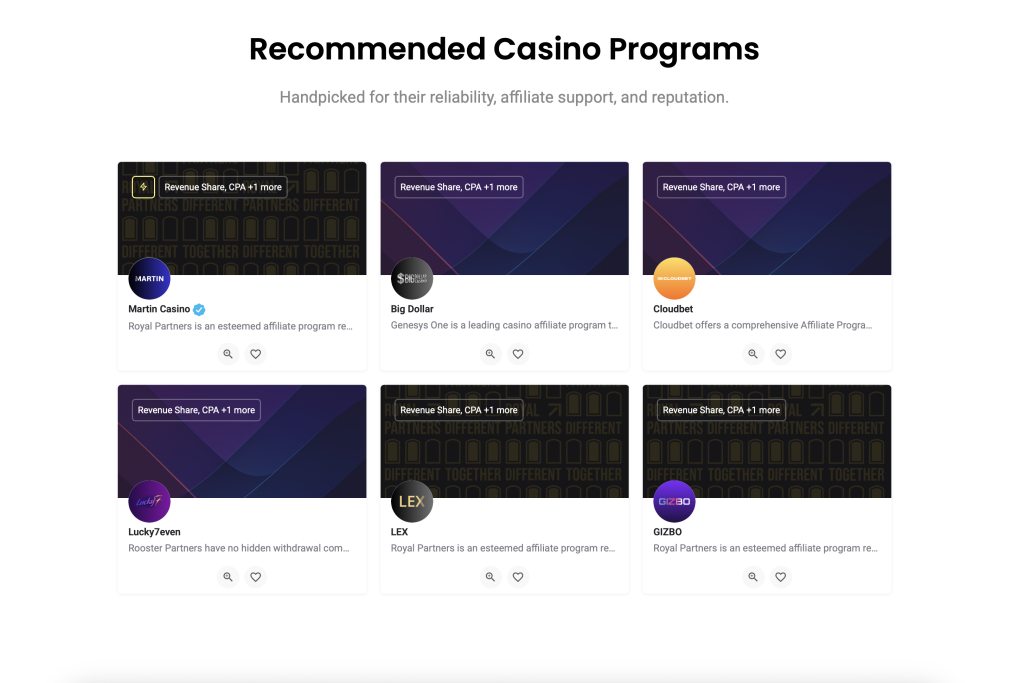iGaming in 2025: Navigating Regulatory Shifts and Technological Innovations

The iGaming industry stands at a crossroads in 2025, marked by significant regulatory transformations and rapid technological advancements. Operators and affiliates must adapt to these changes to remain competitive and compliant in an increasingly complex environment.
Regulatory Landscape: A Global Overview
Regulatory bodies worldwide are intensifying their oversight of online gambling activities. In the United Kingdom, the Gambling Commission has implemented stricter financial checks, requiring affordability assessments for players exceeding specific deposit thresholds. These measures aim to promote responsible gambling and protect vulnerable individuals.
In the United States, the iGaming market is experiencing rapid expansion, with more states expected to legalize online gambling by 2025. This growth is driven by state-by-state regulation, the sports betting boom, and technological leadership.
Uzbekistan has introduced a comprehensive regulatory framework for gambling, mandating licenses for all operators and imposing some of the region’s highest financial thresholds. These developments underscore the global trend toward more stringent regulation in the iGaming sector.
Artificial Intelligence: Revolutionizing Player Experience
Artificial Intelligence (AI) and Machine Learning (ML) are becoming integral to iGaming platforms, offering personalized gaming experiences, predictive analytics, and enhanced customer support. These technologies enable operators to tailor content, detect fraudulent activities, and improve player retention.
AI-driven tools are also instrumental in promoting responsible gambling. By monitoring player activities in real-time, AI systems can identify unusual patterns, ensuring fair play and minimizing the risk of fraud. These systems help in flagging signs of problem gambling, providing tools to protect vulnerable players and promote safer gaming environments.
Blockchain Technology: Enhancing Transparency and Security
Blockchain technology is gaining traction in the iGaming industry, offering transparency, security, and fairness. Operators are integrating blockchain to enable provably fair gaming, where players can verify the outcome of games using blockchain protocols, ensuring that results are not manipulated.
Additionally, the adoption of cryptocurrencies as a payment method is on the rise. Cryptocurrencies offer faster transactions, reduced fees, and increased security, appealing to both players and operators. The integration of blockchain and cryptocurrencies provides a seamless and transparent gaming experience, making platforms more trustworthy and appealing to a tech-savvy audience.
Mobile-First Gaming: Catering to the On-the-Go Player
The proliferation of smartphones and high-speed internet has made mobile gaming the dominant platform in the iGaming industry. Operators are prioritizing mobile optimization, ensuring that games are accessible and responsive on various devices. Innovations such as Progressive Web Apps (PWAs) offer fast, reliable, and app-like experiences, even without a constant internet connection.
Furthermore, the development of games exclusively designed for touchscreen devices enhances the mobile gaming experience. Features like one-tap payment options and intuitive interfaces cater to the growing demand for seamless mobile gaming.
Affiliate Marketing: Driving Growth Through Strategic Partnerships
Affiliate marketing continues to play a pivotal role in the iGaming industry’s growth. Platforms focusing on transparency, data-driven strategies, and compliance are achieving substantial milestones, highlighting the effectiveness of well-structured affiliate programs.
Affiliates are leveraging AI to analyze player behavior, optimize campaigns, and deliver personalized content. This approach not only enhances user engagement but also improves conversion rates, making affiliate marketing a crucial component of iGaming business strategies.
Conclusion
The iGaming industry in 2025 is characterized by a dynamic interplay of regulatory changes and technological innovations. Operators and affiliates must stay informed and agile to navigate this evolving landscape successfully. Embracing AI and blockchain technologies, optimizing for mobile platforms, and fostering strategic affiliate partnerships are essential strategies for sustained growth and compliance in the modern iGaming environment.


